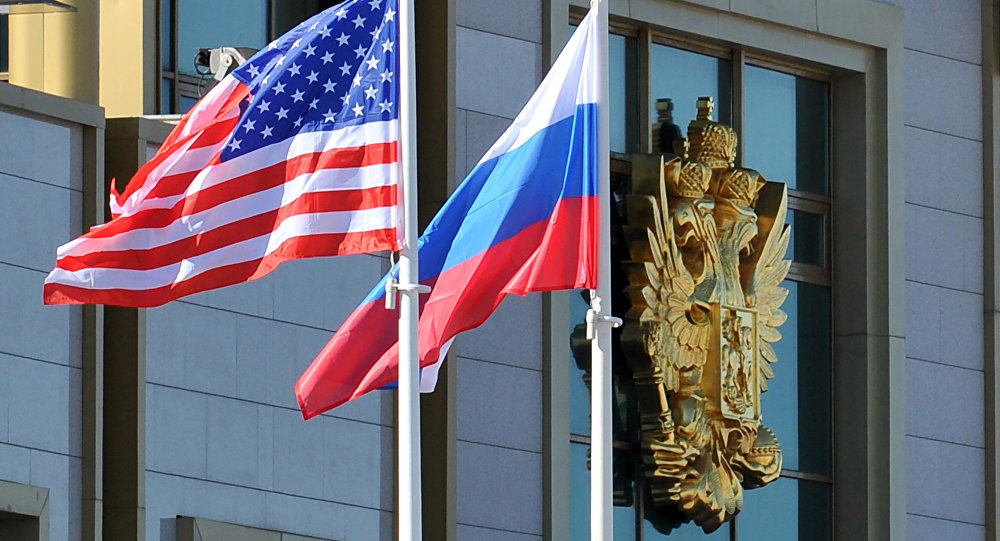
 WASHINGTON (Sputnik) - The Department of State has taken Russia off the list of countries where US visitors should "reconsider travel" to and now only recommends Americans to exercise increased caution while visiting the country, according to a newly issued travel advisory.
WASHINGTON (Sputnik) - The Department of State has taken Russia off the list of countries where US visitors should "reconsider travel" to and now only recommends Americans to exercise increased caution while visiting the country, according to a newly issued travel advisory.
"Exercise Increased Caution due to terrorism, harassment, and the arbitrary enforcement of local laws," the renewed advisory said on Monday.
The advisory still recommends US visitors not to travel to the North Caucasus, particularly Chechnya and Mount Elbrus, as well as Crimea.
Meanwhile, the Russian Embassy in the United States said it was satisfied with the decision of the US State Department."We note with satisfaction the State Department's decision to remove baseless recommendations for US citizens to 'reconsider travel' to Russia. Now they are called upon only to 'exercise increased caution' (as, for example, during the visits to the United Kingdom, Denmark, France or Germany). We see this as a recognition of an obvious reality," the embassy said in a statement on Facebook.
The embassy recalled that about 167,000 US citizens had visited Moscow during the World Cup earlier in the year.
"They saw in our capital and other cities something quite different Russia from that the local mainstream media draws at the mercy of Russophobic ruling circles. Old horror stories just no longer work," it added.
The embassy sees the pressure of US universities and expert circles, whose contacts with Russian colleagues became a victim of artificial bureaucratic barriers, as the main reason for the move."At the same time, the North Caucasus, including Mount Elbrus and Chechnya, as well as Crimea, are still 'unsafe and undesirable' for tourism, according to Washington. For our part, we will continue to advertise these Russian regions to the US citizens (we hope for their active support)," the embassy concluded, adding Visit Chechnya video promo to the post.
In 2017, the State Department placed Russia in the third out of four travel risk categories called "Reconsider Travel — Contains Areas with Higher Security Risk." Now Russia is in the second category with the first one advising US visitors to "exercise normal precaution."



_jpg/250px-ElbeDay1945_(NARA_ww2-121).jpg)







